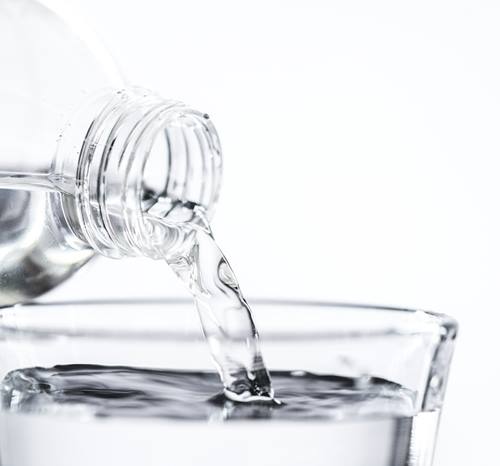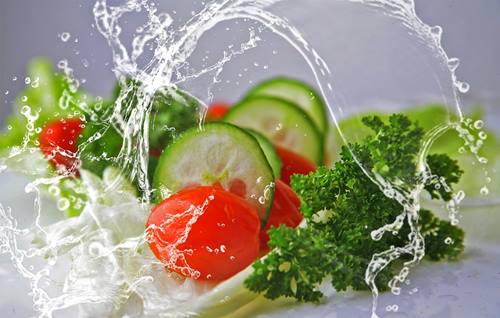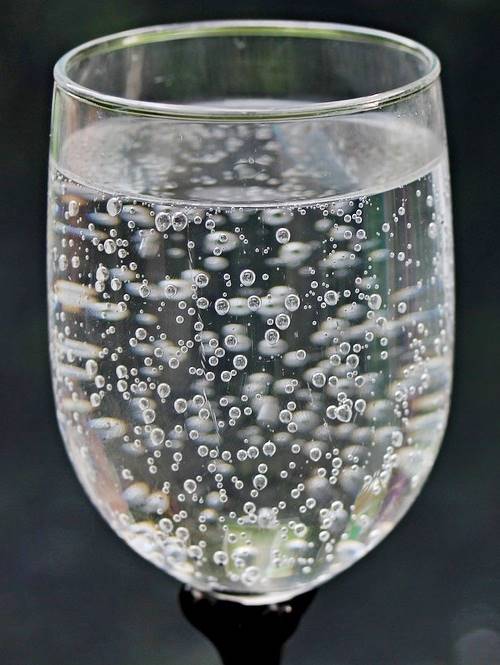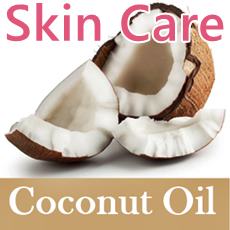Do You really need to Drink Eight Glasses of Water a Day?
How much water should you really drink?
Fact Checked
×All the content published in our website is fact checked to validate its accuracy.
Visit our guidelines web page to learn more about our strict processes regarding how we review our content's sources: reliable and reputable journals, media websites, universities, colleges, organizations, and professionals.
Our articles are based on scientific evidence, and the references are included in its footnotes, which are clickable links to sound scientific papers.
First published: 11.Oct.2018
Overview
Today's article will look into the myth of the "Eight eight-ounce glasses of water a day" rule.
You have heard this advice from friends or read about it in magazines or online health and wellness websites: you should drink eight glasses of water every day to keep adequately hydrated.
Is this an urban myth or is it based on science and facts?
The short answer is that you should let your thirst guide you in your drinking needs; that way you will cover your water requirements.
In case you are curious, the National Academy of Medicine (NAM) suggests that your daily water intake should be even higher than eight 8-oz. glasses! The NSM recommends 2.8 quarts (2.7 liters) for women and 3.9 quarts (3.7 liters) for men (1).
But this value also includes the water that you ingest with your solid food, which contains from 5 to 90% water, and all the beverages that you drink and not only plain water.
Let's look into the details of this eight-glasses-of-water-per-day rule (also known as the "8x8" rule because it implies drinking eight glasses of water, each with a volume of 8 oz.)
References and Further Reading
(1) Food and Nutrition Board, Panel on Dietary Reference Intakes for Electrolytes and Water Standing Committee on the Scientific Evaluation of Dietary Reference Intakes. Feb. 11, 2004. Dietary Reference Intakes for Water, Potassium, Sodium, Chloride, and Sulfate
(2) Food and Nutrition Board, National Academy of Sciences, Revised 1945. Recommended Dietary Allowances. National Research Council. Series no. 122 Aug. 1945 3-18
(3) Valtin H and Gorman S. (2002). "Drink at least eight glasses of water a day." Really? Is there scientific evidence for "8 x 8"? Am J Physiol Regul Integr Comp Physiol. 2002 Nov;283(5): R993-1004
(4) Stare FJ, McWilliams M. (1974). Nutrition for Good Health, Plycon Fullerton.
(5) Barry M. Popkin, Kristen E. D'Anci, and Irwin H. Rosenberg (2010). Water, Hydration and Health. Nutr Rev. Author manuscript; available in PMC 2011 Aug 1. Nutr Rev. 2010 Aug; 68(8): 439 - 458. DOI: 10.1111/j.1753-4887.2010.00304.x
(6) Carlo Agostoni et al. (2010). Scientific Opinion on Dietary Reference Values for water. EFSA Panel on Dietetic Products, Nutrition, and Allergies (NDA), 25 March 2010 https://doi.org/10.2903/j.efsa.2010.1459.
(7) Perrier, E.T., Armstrong, L.E., Bottin, J.H. et al. (2020) Hydration for health hypothesis: a narrative review of supporting evidence. Eur J Nutr (2020). https://doi.org/10.1007/s00394-020-02296-z
(8) Dan Negoianu and Stanley Goldfarb (2008) Just Add Water. JASN June 2008, 19 (6) 1041-1043; DOI: https://doi.org/10.1681/ASN.2008030274
About this Article
Do You really need to Drink Eight Glasses of Water a Day?, A. Whittall
©2023 Fit-and-Well.com, 02 Sept. 2023. Update scheduled for 02 Sept. 2025. https://www.fit-and-well.com/health/do-i-need-eight-glasses-of-water-a-day.html
Tags: hydration, dehydration, overhydration, water





